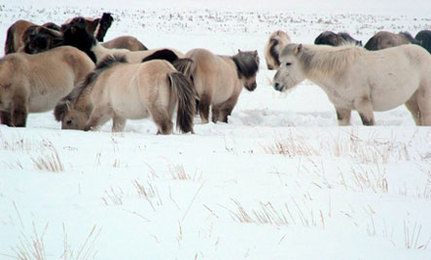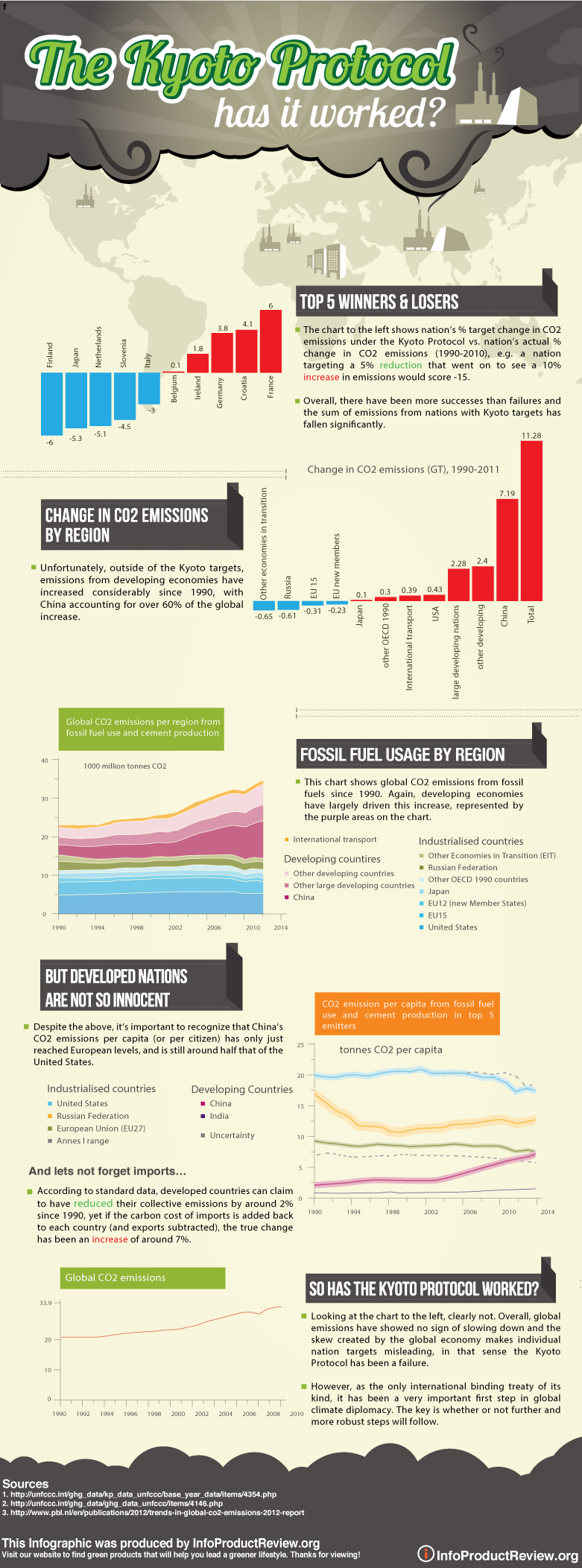
According to Russian scientist Sergey Zimov, reintroducing wild horses to the icy Siberian landscape where they once roamed in droves, will begin to repair the ecological damage brought about by global warming.
A Forbes article (via Straight From The Horses Mouth) elaborates on Zimov’s theory to fill the vast barren lands of Siberia with grass-eating animals in the hope that it will eventually slow global warming. “Some people have a small garden. I have an ice age park,” says Zimov.
How can wild horses effect climate change?
By recreating an ecosystem that disappeared thousands of years ago, Zimov believes that herds of wild animals can turn these frigid areas into grassland. When the wild horses graze on wild grass, the grass stays healthy and their manure nourishes the ground cover. “In winter, the animals trample and flatten the snow that otherwise would insulate the ground from the cold air. That helps prevent the frozen ground, or permafrost, from thawing and releasing powerful greenhouse gases.”
Why wild horses?
The park originated with a herd of 40 Yakutian horses, a semi-wild breed. They are able to survive harsh Siberian winters with the help of their very warm, furry hide. With the reintroduction of the wild horses came the predators. “The challenge is to find the right balance between grazers and predators.”
What is rewilding?
According to The Rewilding Institute, “Rewilding is the scientific argument for restoring big wilderness based on the regulatory roles of large predators.” The objective of rewilding Siberia with wild horses is, “To see whether a thriving population of grazing animals will regenerate grasslands that disappeared long ago, which would slow and even halt the accelerating pace of permafrost thaw.” According to the article, the results are encouraging.
Why introduce rewilding to the Arctic?
Climate change effects areas where temperatures are warming fast. “Most climate scientists say human activity, especially industrial pollution and the byproducts of everyday living like home heating and driving cars, is triggering an unnatural warming of the Earth.”
What are your thoughts about reintroducing wild horses into lands where they once roamed? What do you think about rewilding?
Read the full article to learn more about how this project works.
Adapted from an article by Ronnie Citron-Fink, a writer and educator who regularly writes about sustainable living for online sites and magazines.





